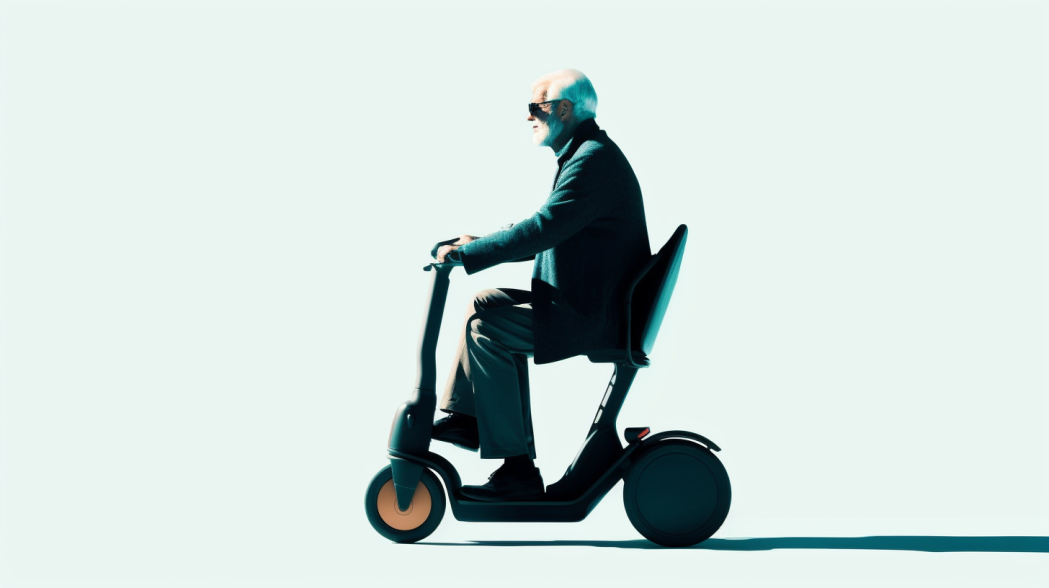Summary
Aging can lead to a decline in muscle strength and slower movements, but new research suggests that this decline could also indicate a more ominous age-related health issue: late-life dementia. Researchers at Edith Cowan University found that lower grip strength and slower timed-up-and-go (TUG) test results were significant risk factors for presenting with dementia, independent of genetic risk and lifestyle factors. The women with the weakest grip strength were found to be more than twice as likely to have a late-life dementia event than the strongest individuals. Incorporating muscle function tests as part of dementia screening could help identify high-risk individuals who might benefit from primary prevention programs aimed at preventing the onset of the condition. The findings suggest that if the decline in muscle strength and mobility can be halted, late-life dementias may be preventable.
According to the World Health Organization, around 50 million people worldwide are affected by dementia, a debilitating condition that affects cognitive function, memory, and behavior. This number is expected to triple by 2050 due to an aging population. While many factors contribute to the development of dementia, including genetics, lifestyle choices, and environmental factors, a new study suggests that a decline in muscle strength and mobility may be a warning sign of late-life dementia.
The study, conducted by researchers from Edith Cowan University in Australia, examined the relationship between muscle function and dementia by measuring the grip strength and mobility of over 1000 women with an average age of 75. The women were part of the Perth Longitudinal Study of Ageing in Women, and their grip strength and mobility were measured using a handheld device called a dynamometer and a timed-up-and-go (TUG) test, respectively.

The tests were repeated five years later to monitor any loss of performance. Over the next 15 years, almost 17% of the women in the study were found to have had a dementia event, categorized as a dementia-related hospitalization or death.
The team found that lower grip strength and slower TUG were significant risk factors for presenting with dementia, independent of genetic risk and lifestyle factors such as smoking, alcohol intake, and physical activity levels. The women with the weakest grip strength were found to be more than twice as likely to have a late-life dementia event than the strongest individuals, and the slowest in their TUG test were more than twice as likely to experience dementia than the quickest.
Furthermore, when researchers looked at the changes in grip strength and TUG test results after five years, a decrease in performance was also linked with greater dementia risk. Those who had experienced the biggest decline in grip strength and TUG speed were approximately two and 2.5 times more likely, respectively, to have had a dementia event, compared to those in the group who recorded the smallest decline in performance. Women with the biggest drop in TUG performance were found to be over four times more likely to have a dementia-related death than the fastest.
Senior researcher Dr. Marc Sim said the findings could help health professionals to identify dementia risk in patients earlier. “Both grip strength and TUG tests aren’t commonly performed in clinical practice, but both are inexpensive and simple screening tools. Incorporating muscle function tests as part of dementia screening could be useful to identify high-risk individuals, who might then benefit from primary prevention programs aimed at preventing the onset of the condition such as a healthy diet and a physically active lifestyle,” he said.
This study is an important step in identifying potential warning signs for dementia, which can help healthcare providers develop preventive measures to reduce the risk of developing this debilitating condition. While further research is needed in this area, these findings suggest that monitoring muscle function and mobility may be a valuable screening tool for identifying high-risk individuals for dementia.


